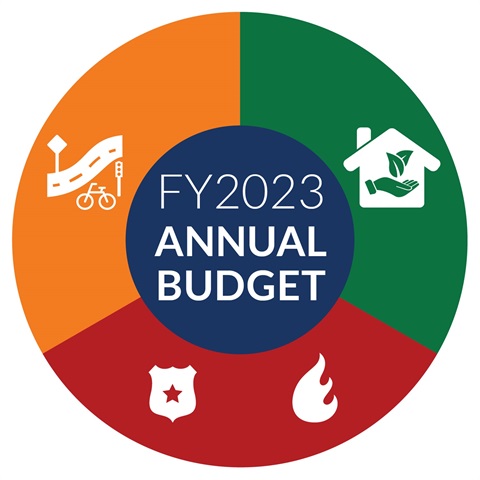No water and wastewater rate changes in 2023
Published on September 23, 2022

What’s the benefit to taxpayers? No rate increase means residents’ money can go toward other consumer goods that are seeing price increases.
What’s the budget proposal: No water or wastewater rate increases are planned in the fiscal year 2023 budget, even though the water utility’s budget is increasing by $24 million.
What’s next: The City Council votes on the proposed budget on Tuesday, Sept. 27.
Retail water and wastewater rates will not change in 2023, though the proposed operating budget increase is almost $24 million dollars or 4.86%. This is the third consecutive year and fourth time in five years that the retail rates have not increased. City Council will vote on the budget at its meeting next Tuesday.
While rates are not changing, a customer’s bill could still increase because of how the customer uses water. Outside watering is the biggest driver of residential customer water bills. The MyH2O portal provides residential customers the ability to view their water use on a monthly, daily and hourly basis, allowing customers to make informed decisions on their irrigation practices.
Water Director Chris Harder said there are three primary reasons the utility can absorb the budget increase without a rate increase. Those reasons are growth in the number of retail customer accounts and volumes, growth in wholesale customer volumes and additional revenue from higher impact fees. Impacts fees are the cost new development pays to connect to the water and wastewater systems.
Higher operating costs due to supply chain issues and inflation account for almost half of the budget increase. Costs for chemicals used in water and wastewater treatment and higher natural gas commodity costs are responsible for the majority of these operating cost increases.
Other factors include increases from partner agencies, Tarrant Regional Water District and Trinity River Authority, and more funding to accommodate growth and capital investment.
Higher interest rates and inflation affect the utility’s capital improvement plan. The utility’s proposed five-year capital budget is $1.3 billion. The city and utility use multiple financing strategies to finance capital improvements in order to secure the lowest interest rates.
Major projects coming up include the design and construction of the Mary’s Creek Water Reclamation Facility, and the weatherization and backup power generation improvements to critical water treatment plants and booster pump stations.
Harder said he expects the utility will require small percentage rate increases in 2024.
Get articles like this in your inbox. Subscribe to City News.